- 631-796-2804
- [email protected]
- Mon - Fri: 6:30AM - 5PM
Professional seal coating that extends your pavement’s life and saves you thousands in replacement costs.
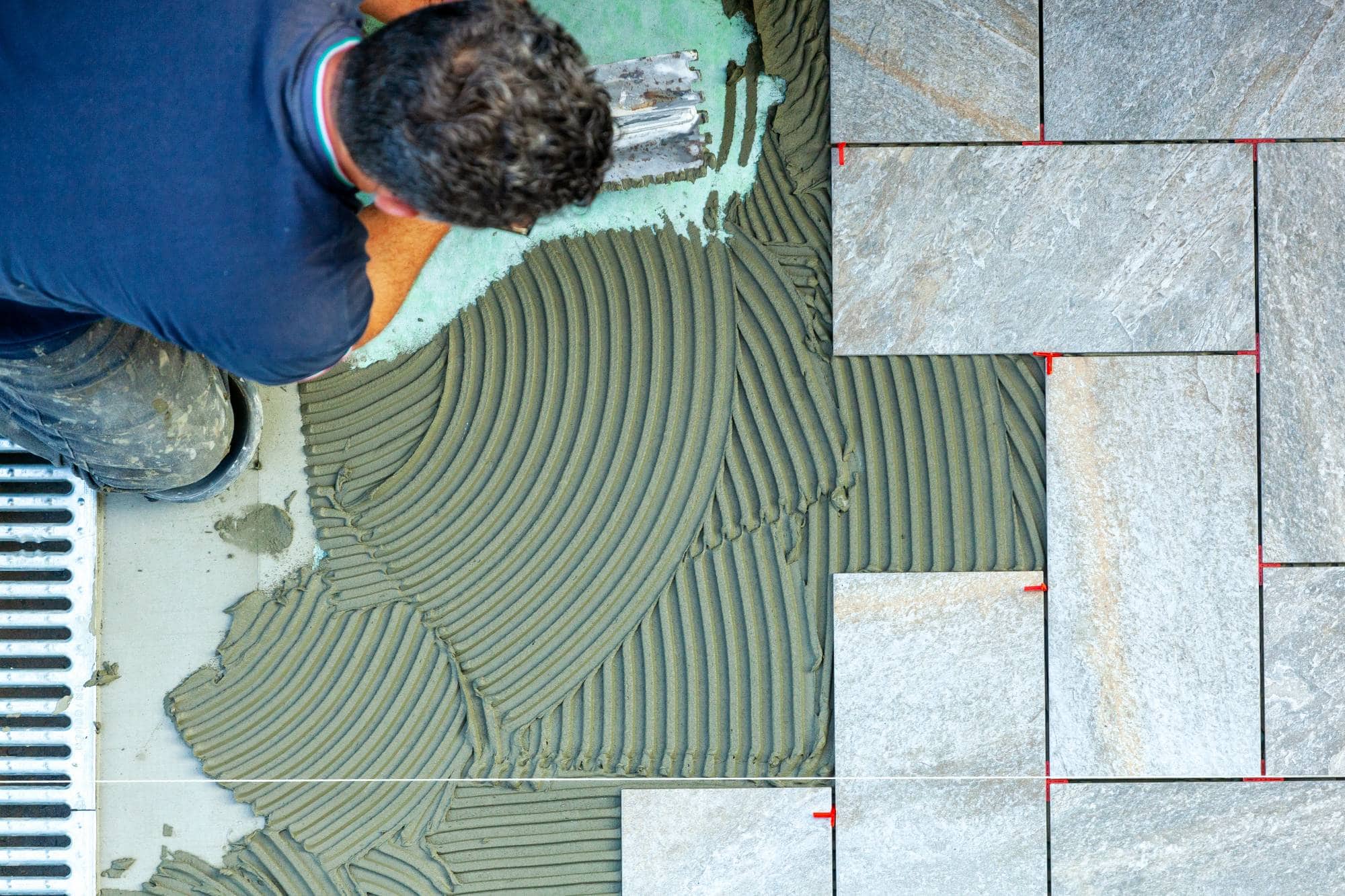
Hear from Our Customers
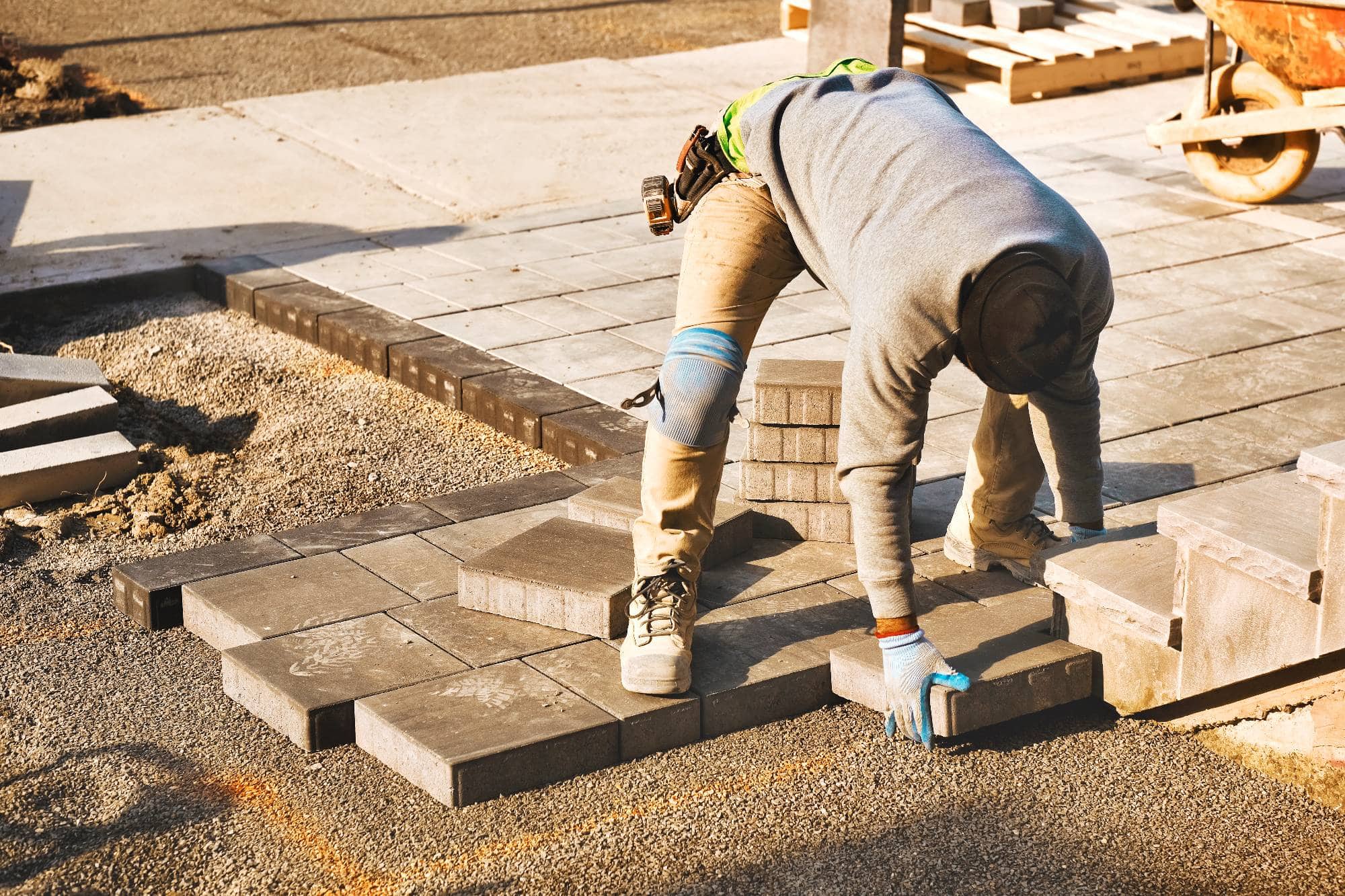
Your asphalt faces a beating every day. Long Island winters dump salt and ice that seep into cracks, while summer heat bakes the surface until it starts cracking and fading. Without protection, you’re looking at expensive repairs or full replacement in just a few years.
Quality seal coating changes that timeline completely. You get a waterproof barrier that blocks moisture, prevents salt damage, and fills those small surface cracks before they become major problems. Your driveway or parking lot stays smooth, looks professionally maintained, and lasts 3-5 years longer than untreated asphalt.
The math is simple: spend a fraction of replacement cost now, or pay thousands more later when the damage spreads too far to fix with basic maintenance.
All Purpose Paving has been protecting Long Island asphalt for years, and we understand exactly what your pavement faces in this climate. Salt damage, freeze-thaw cycles, heavy traffic – we’ve seen it all and know how to prevent the problems before they start.
We’re not the cheapest option, and that’s intentional. You’re getting professional-grade materials, proper surface preparation, and experienced application that actually lasts. Our crew shows up when scheduled, completes the work efficiently, and leaves you with results that protect your investment for years.
When you need seal coating done right the first time, you want contractors who know the difference between a quick spray job and real pavement protection.
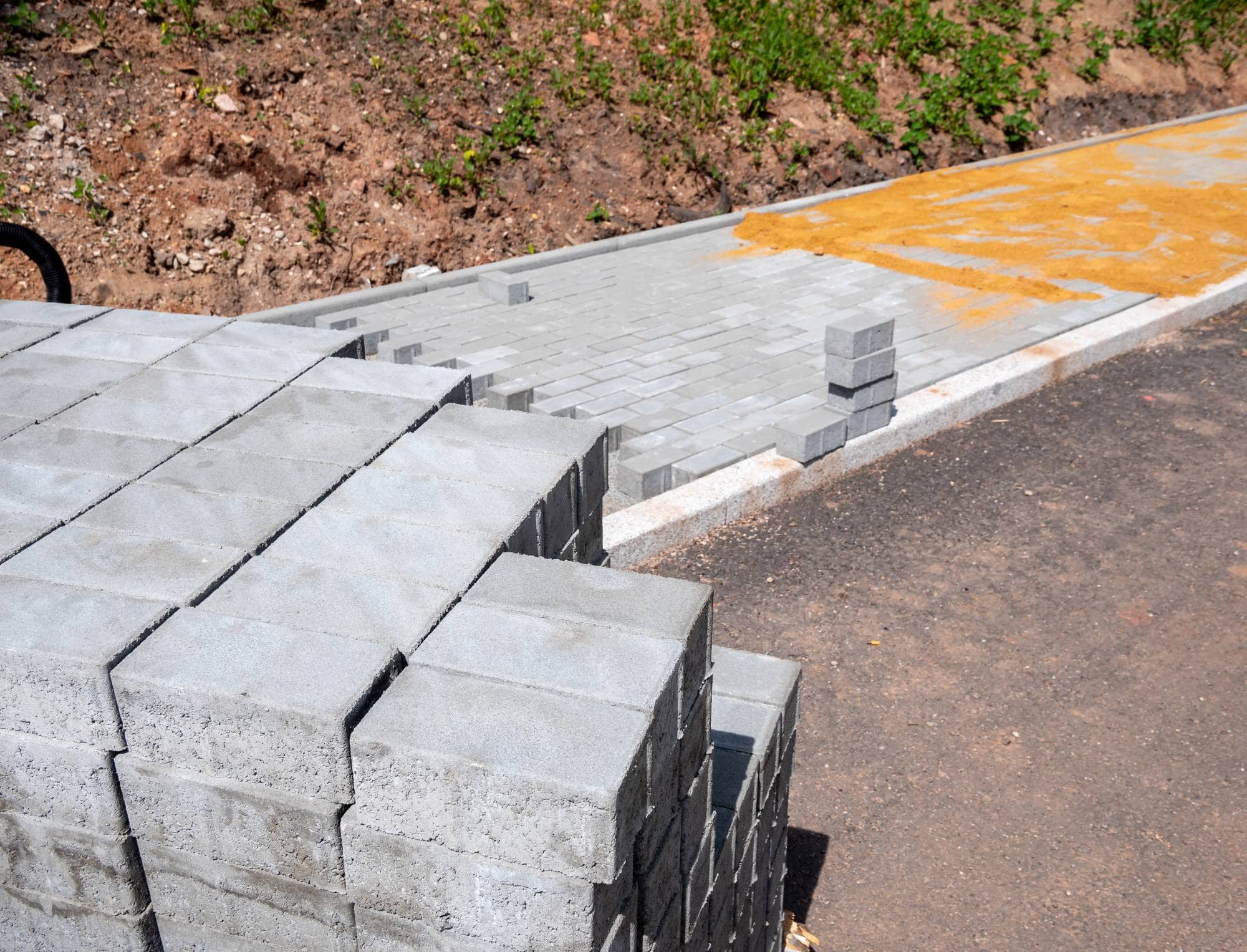
The process starts with thorough surface cleaning to remove dirt, debris, and loose material that would prevent proper adhesion. Any significant cracks get filled and sealed before the main application begins. This prep work makes the difference between coating that lasts and coating that fails within a year.
Next comes the sealcoat application using professional-grade equipment that ensures even coverage and proper thickness. We’re not just spraying and hoping – every square foot gets the protection it needs to handle Long Island weather. The material bonds to clean asphalt and creates that waterproof barrier you’re paying for.
Drying time depends on weather conditions, but you’re typically looking at 24-48 hours before normal traffic. We’ll give you specific timing based on temperature and humidity so you know exactly when your driveway or parking lot is ready for use again.
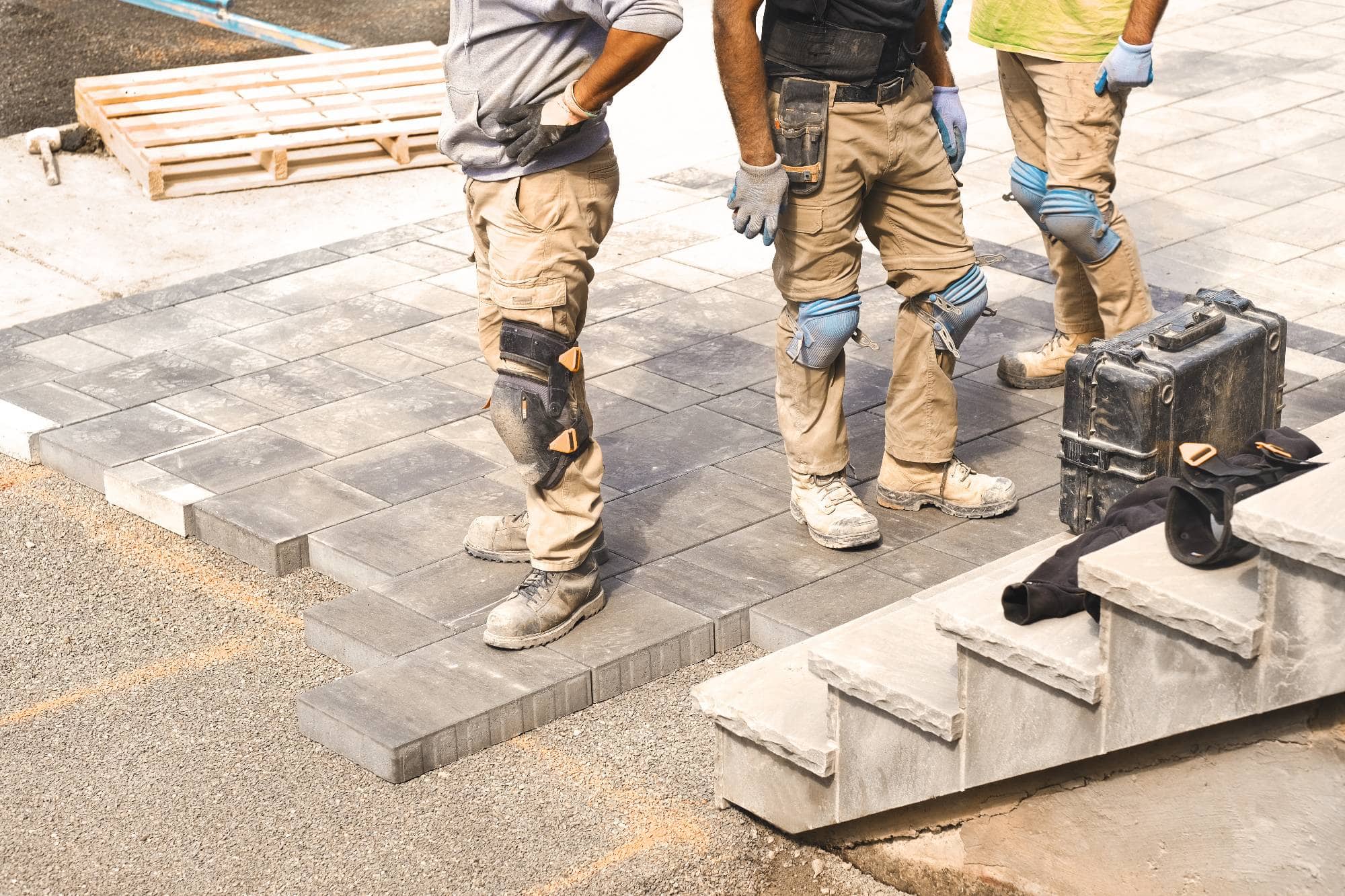
Ready to get started?
Every seal coating job includes complete surface preparation, crack filling for minor surface cracks, and professional-grade sealcoat application with proper coverage rates. You’re not getting watered-down material or shortcuts that compromise the protection you’re paying for.
The service covers driveways, parking lots, and any asphalt surface that needs protection from weather and traffic damage. We handle residential properties where curb appeal matters and commercial sites where professional appearance affects your business image.
Timing matters with seal coating, and we work within the optimal weather window when temperature and humidity conditions ensure proper curing. You get clear communication about scheduling, realistic timelines, and what to expect during and after the application process.
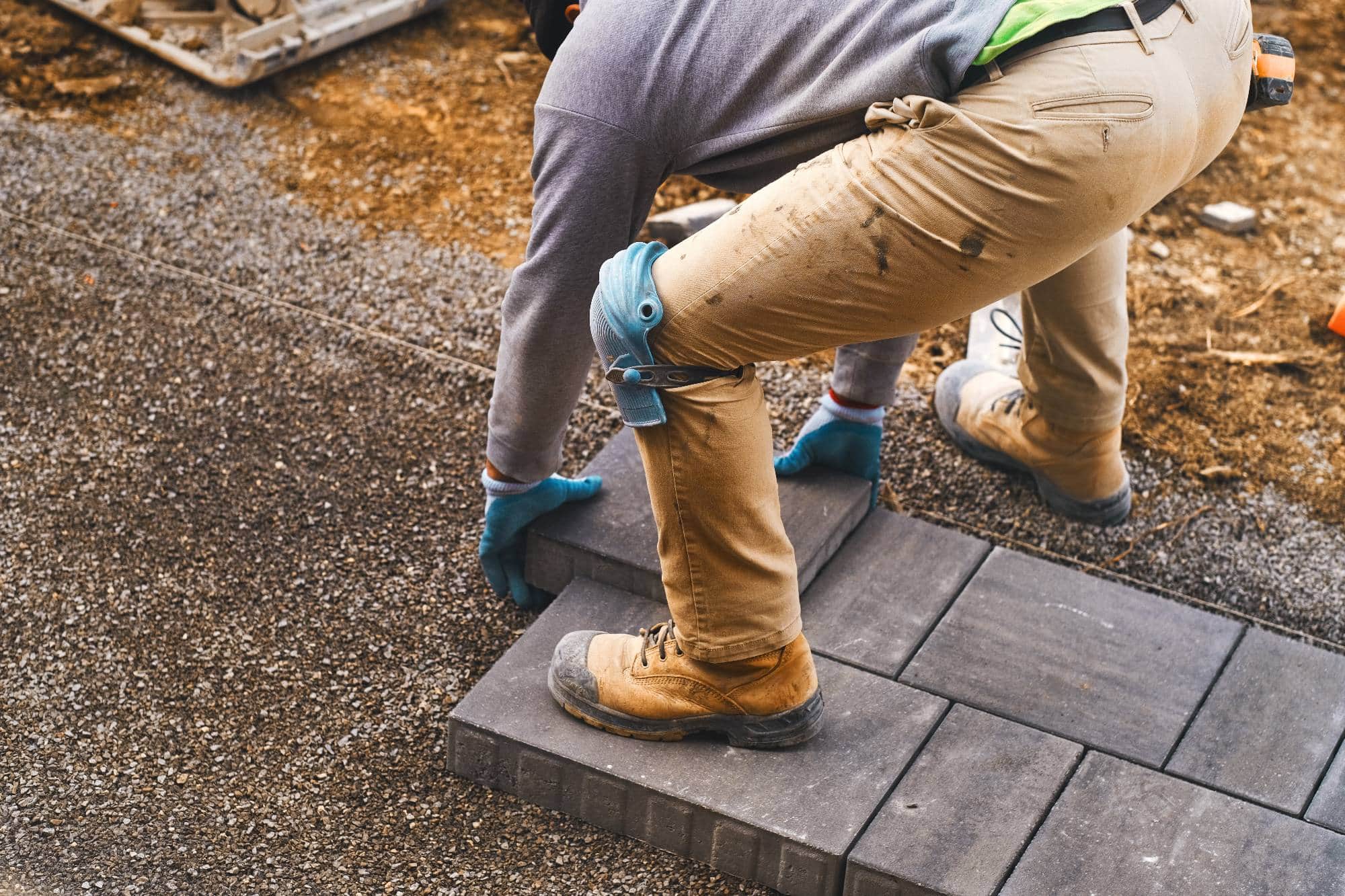

We are a family owned and operated paving contractor servicing customers on the East end of Long Island. We specialize in all phases of paving from start to finish.